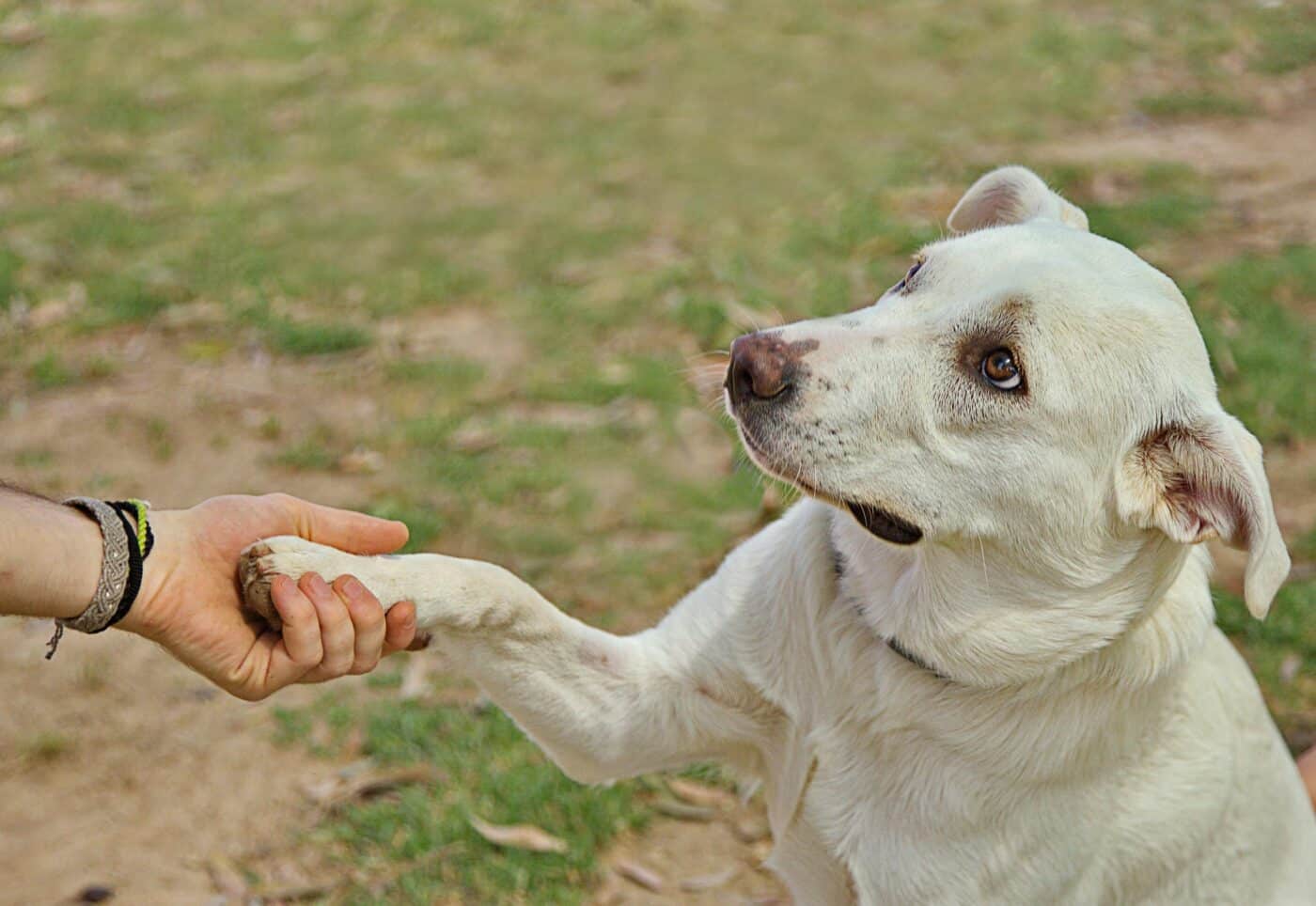 Shutterstock
Shutterstock
Your dog isn’t just a loyal companion who provides unconditional love—they’re also quietly working to sharpen your mind in ways you may not even realize. Whether through their playful antics, their need for a daily routine, or their unique methods of communication, dogs foster mental stimulation and problem-solving in our everyday lives. While the emotional benefits of having a dog are well-known, the cognitive rewards are equally significant. From keeping your brain active with new challenges to enhancing empathy and creative thinking, dogs are a hidden source of mental enrichment.
Training Your Dog Boosts Problem-Solving Skills
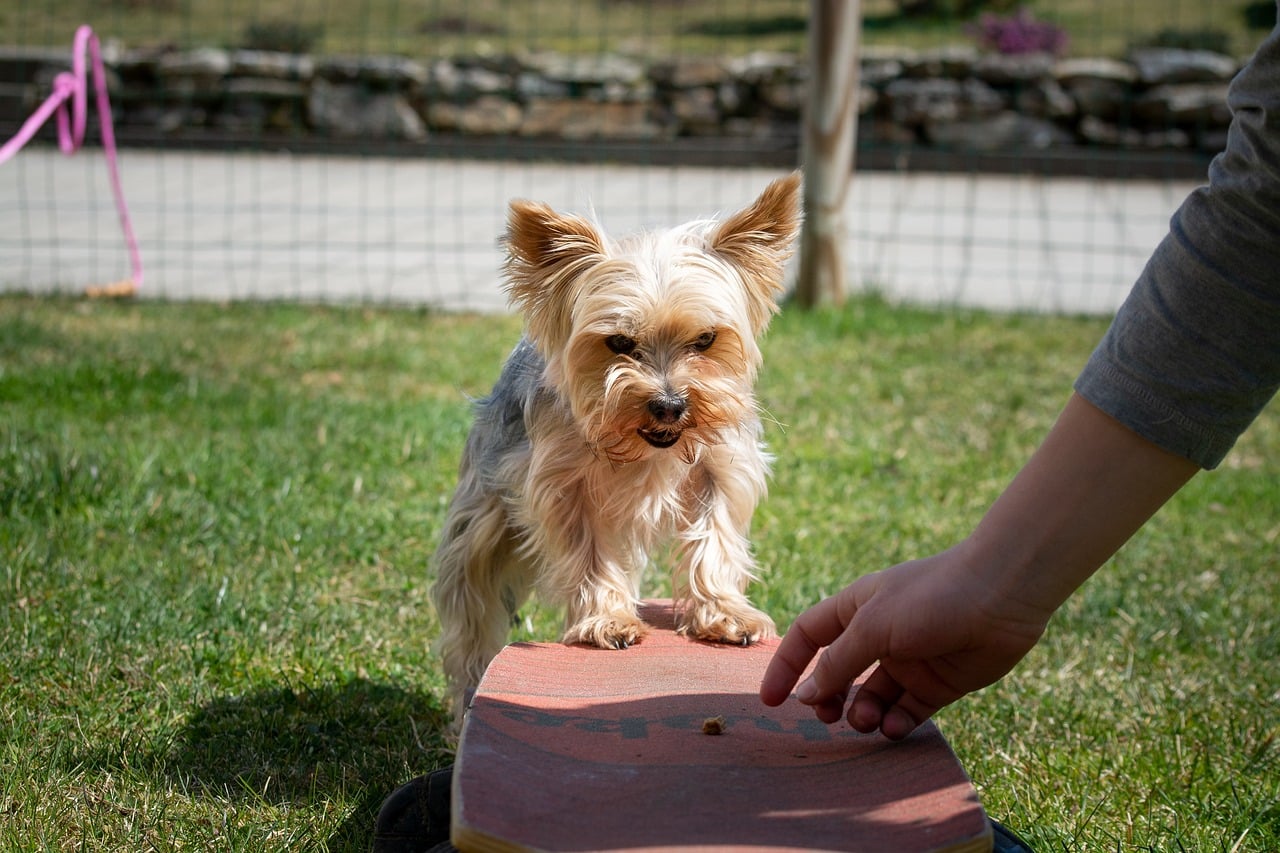 Shutterstock
Shutterstock
Training your dog isn’t just beneficial for them—it helps sharpen your problem-solving skills as well. Every dog is different, and finding the best training methods for your particular dog can be a real mental workout. Whether it’s teaching a puppy the basics or working with an older dog on behavioral issues, you’ll have to assess your dog’s unique learning style, adapt to their needs, and think creatively to overcome obstacles. Through trial and error, you’re constantly learning how to communicate better with your dog, which enhances your cognitive flexibility and sharpens your ability to tackle challenges in daily life.
Your Dog Improves Your Memory Through Routine
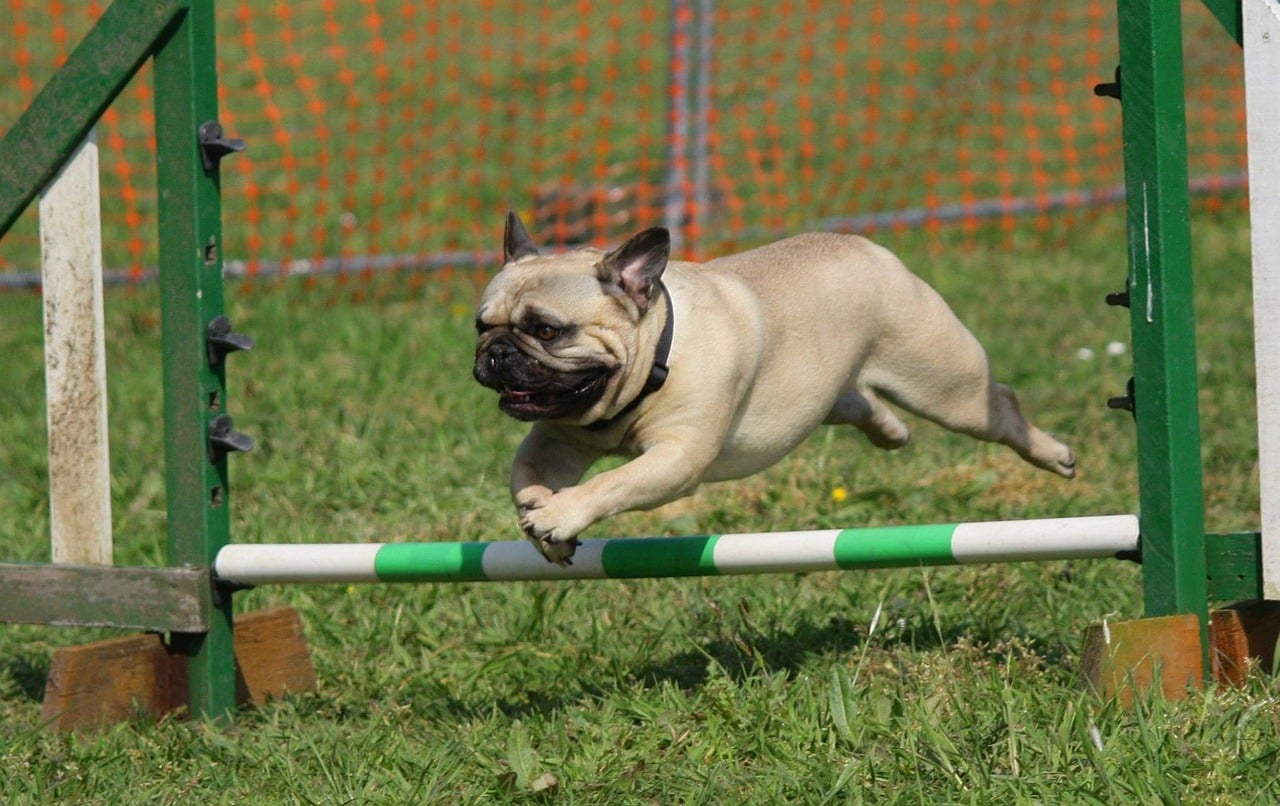 Shutterstock
Shutterstock
Dogs thrive on routine, and by maintaining a structured schedule for their walks, feeding times, and play sessions, you inadvertently improve your memory. Remembering when your dog needs to be let out, fed, or exercised keeps you on your toes, especially if you’re juggling a busy life. This constant need to recall small details reinforces your short-term memory, creating a subtle but effective mental exercise. Over time, this daily structure can boost your overall cognitive health, keeping your mind sharp as you get older.
Communication with Your Dog Enhances Empathy and Intuition
 Shutterstock
Shutterstock
Dogs communicate without words, which means you have to rely on nonverbal cues like body language, eye contact, and behavior patterns to understand what they need. This form of communication hones your intuition and empathy, helping you better read situations not only with your dog but also with people. Interpreting a dog’s signals—whether they’re excited, anxious, or simply wanting affection—requires careful observation and emotional intelligence. Over time, this practice improves your ability to empathize with others and strengthens your capacity for emotional connection.
Playtime Stimulates Creative Thinking
 Shutterstock
Shutterstock
Playing with your dog is more than just fun—it’s also a great way to stimulate creative thinking. Whether you’re coming up with new games to entertain your pup or figuring out how to keep them mentally engaged, you’re actively exercising your brain. Games like hide-and-seek, fetch with a twist or inventing a puzzle for your dog to solve keep both you and your pet mentally stimulated. The creativity you use during playtime can extend into other areas of your life, helping you approach problems with a fresh, inventive mindset.
Managing Your Dog’s Health Sharpens Organizational Skills
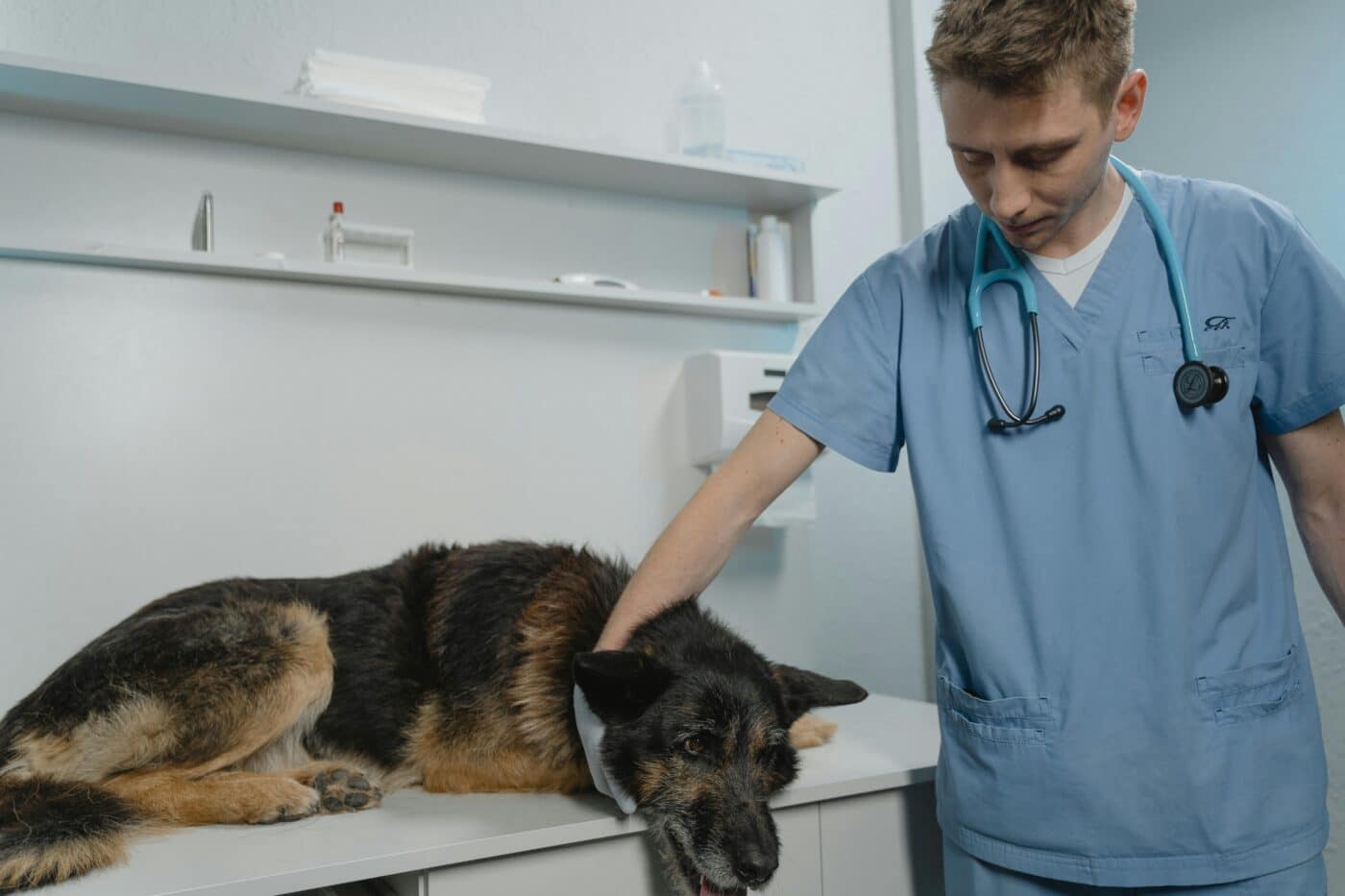 Shutterstock
Shutterstock
Caring for a dog involves a lot of planning and organization, from vet appointments and grooming schedules to managing dietary needs and medications. Keeping track of all these responsibilities requires a sharp mind, and the organizational skills you develop through dog ownership can carry over into other aspects of your life. When you’re managing multiple tasks for your dog’s well-being, you’re also improving your ability to prioritize and stay on top of important details. Over time, this consistent practice helps refine your organizational skills, benefiting your personal and professional life.
Dogs Help You Practice Mindfulness
 Shutterstock
Shutterstock
Spending time with your dog often forces you to slow down and live in the moment, a key aspect of mindfulness. Whether you’re on a leisurely walk or simply sitting together, dogs encourage you to focus on the present. This practice of staying mindful can have profound effects on your mental clarity and focus. By paying attention to your dog’s needs and actions in the here and now, you train your brain to be more aware, which enhances your ability to concentrate and reduces stress. Over time, this mindfulness can sharpen your mental resilience and improve your emotional well-being.
Problem-Solving During Walks Stimulates Cognitive Function
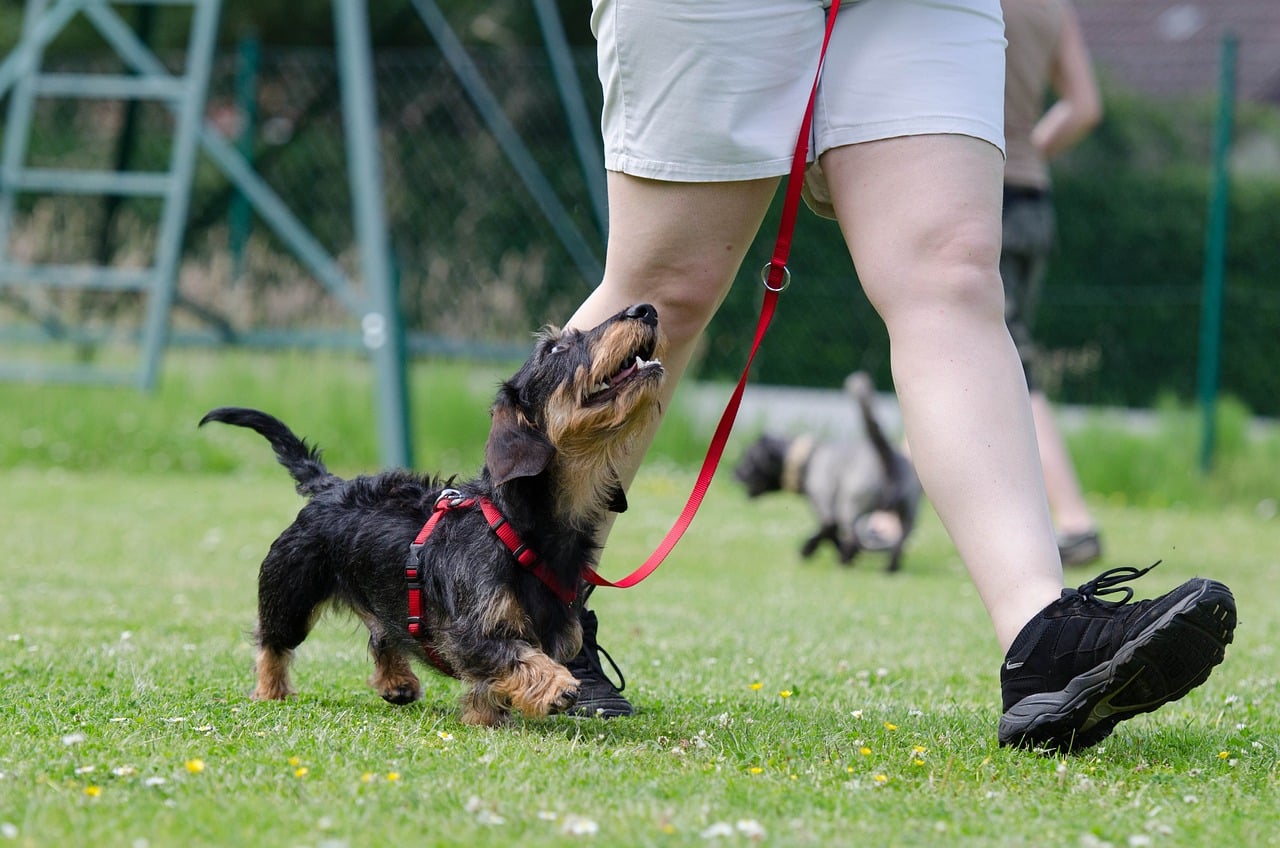 Shutterstock
Shutterstock
Walking your dog isn’t just good physical exercise—it’s also a mental workout. Navigating new environments, figuring out the best route to take, and keeping your dog entertained along the way are all mental challenges that engage your brain. Dogs are naturally curious, and their tendency to explore new scents and areas can encourage you to think on your feet and solve problems quickly. Each walk presents a new set of variables to manage, from interacting with other dogs to avoiding hazards, which helps keep your mind alert and engaged.
Your Dog Enhances Your Social Intelligence
 Shutterstock
Shutterstock
Interacting with other dog owners during walks or at the dog park is a subtle way that dogs help enhance your social intelligence. Dogs often serve as conversation starters, and through these interactions, you learn to navigate social cues, interpret body language, and engage with people from different walks of life. These seemingly small encounters help build your social skills, including empathy, listening, and reading emotional cues, which in turn sharpens your ability to connect with others. The social connections you make thanks to your dog also contribute to better emotional and cognitive health.
Teaching Your Dog Tricks Engages Your Brain
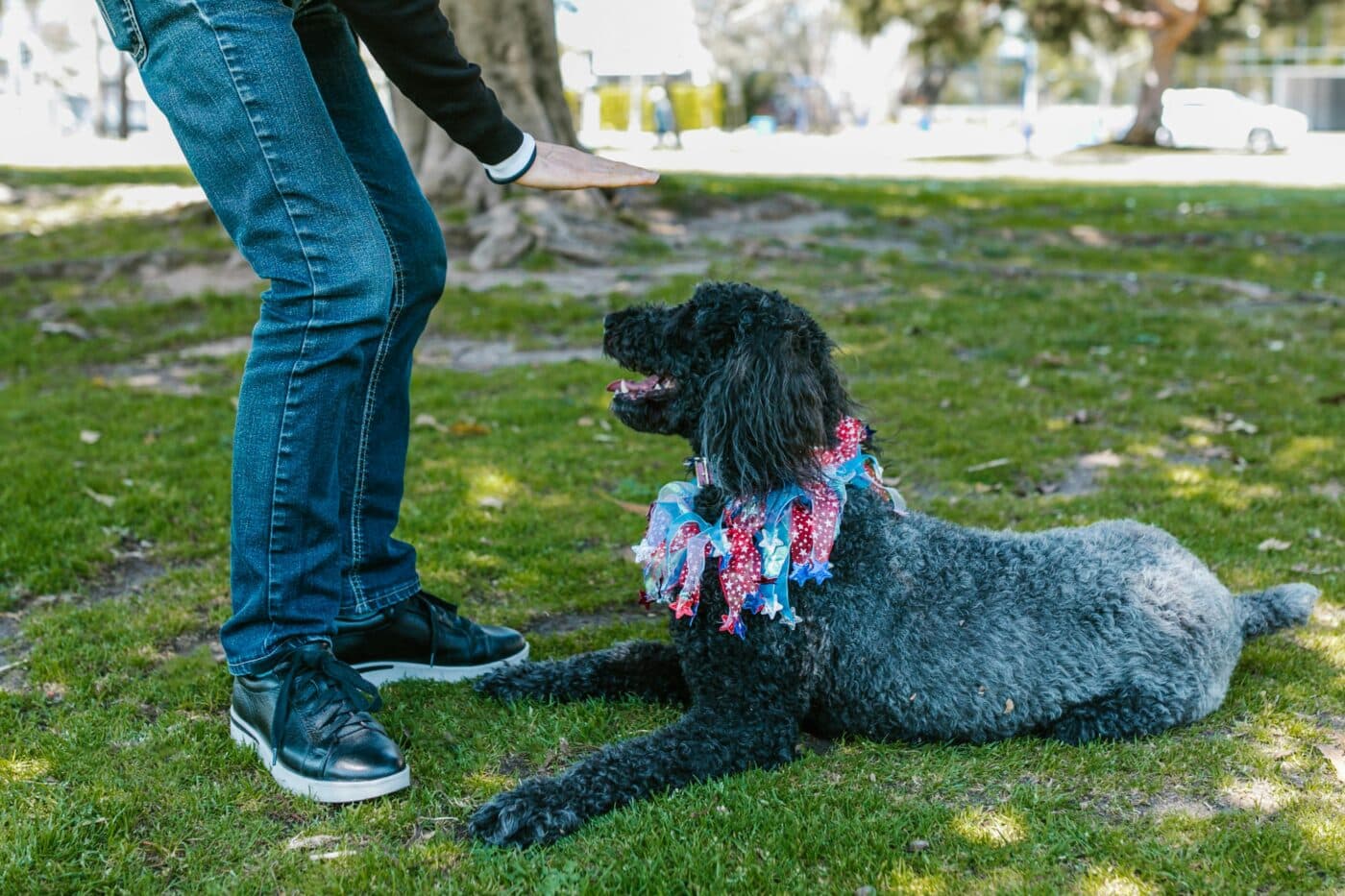 Shutterstock
Shutterstock
When you teach your dog new tricks or skills, you engage your brain in a rewarding learning process. Figuring out the best way to motivate your dog, breaking down complex tasks into smaller steps, and using positive reinforcement all require strategic thinking. Each successful trick not only boosts your dog’s confidence but also strengthens your problem-solving abilities. Teaching tricks is a form of mental exercise that benefits both you and your dog, as it encourages patience, adaptability, and creativity.
Your Dog Keeps You Emotionally Balanced
 Shutterstock
Shutterstock
Dogs have a unique way of providing emotional support, which helps keep your mind balanced and sharp. Their companionship can reduce stress, anxiety, and depression, all of which can impair cognitive function. By providing a steady source of comfort and unconditional love, dogs help regulate your emotional state, making it easier to focus and think clearly. When you’re emotionally balanced, your brain functions at its best, and you’re able to make better decisions, solve problems more effectively, and stay mentally sharp.
Why Your Dog Is the Ultimate Mental Workout
 Shutterstock
Shutterstock
Your dog is always working to keep your mind sharp, offering far more than just companionship. Every interaction—whether it’s during training sessions, playful activities, or routine care—serves as an opportunity to engage your brain and enhance your cognitive abilities. Over time, these consistent mental exercises can lead to lasting benefits, helping you stay focused, sharp, and mentally resilient. By managing your dog’s needs and overcoming daily challenges, you develop problem-solving skills and boost mental agility, making your dog’s presence a source of both emotional and intellectual enrichment.
 Toledo, United States.
Toledo, United States.